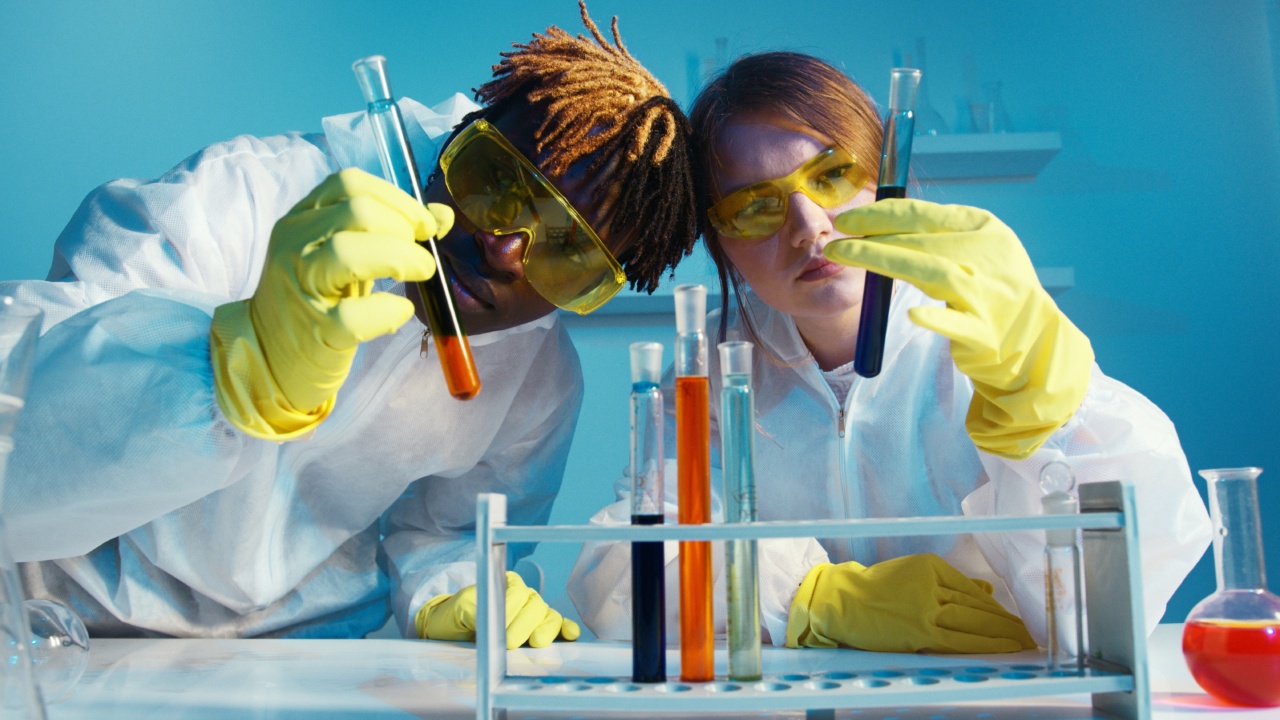Testosterone is the hallmark of masculinity and responsible for most of the masculine features in men. Produced mainly in the testicles, testosterone levels rise during puberty and peak in late adolescence.
As men age, their production usually declines, leading to several health-related issues. Understanding the male molecule is not just crucial for muscle growth and masculine features, but also for overall health. This article highlights the basics of testosterone and its impact on men’s health.
What is Testosterone?
Testosterone is a steroid hormone responsible for the development of male sexual characteristics, such as a deep voice, body hair, and a muscular physique.
It is produced mainly in the testicles and the adrenal glands, but women also produce small amounts of testosterone in their ovaries. Testosterone production increases during puberty, leading to masculine features such as the development of muscles, increased bone density, and the growth of facial and body hair.
Testosterone is responsible for regulating several vital functions in the male body, such as:.
- Sperm production.
- Sexual function.
- Muscle mass and bone density.
- Fat distribution.
- Red blood cell production.
- Mood and cognitive function.
Testosterone Levels and Aging
Testosterone levels usually peak during late adolescence and early adulthood. After the age of 30, men typically start to experience a gradual decline in testosterone production, leading to several health-related issues.
The decline in testosterone levels can lead to muscle loss, decreased bone density, erectile dysfunction, and mood swings. Research shows that testosterone levels decrease by about 1% each year after the age of 30, which can lead to significant changes in the male body over time.
Impact of Low Testosterone Levels
Low testosterone levels can lead to several health-related issues in men. Some of the common symptoms of low testosterone levels include:.
- Decreased sex drive
- Erectile dysfunction
- Fatigue and decreased energy levels
- Muscle weakness
- Depressed mood
- Increased body fat
Low testosterone levels can also lead to long-term health issues such as:.
- Increased risk of heart disease and stroke.
- Decreased bone density and increased risk of osteoporosis.
- Increased risk of insulin resistance and diabetes.
- Decreased cognitive function and memory loss.
Boosting Testosterone Levels Naturally
While there are several testosterone replacement therapies available for men with low testosterone levels, it is best to try and boost testosterone levels naturally. Here are some ways to naturally boost testosterone levels:.
- Exercise regularly: Studies show that resistance training and high-intensity interval training can increase testosterone levels in men.
- Eat a healthy diet: A diet rich in healthy fats, protein, and fruits and vegetables can help boost testosterone levels naturally.
- Reduce stress: Chronic stress can lead to decreased testosterone levels.
- Get enough sleep: Sleep is essential for healthy testosterone levels in men.
- Vitamin D: Low vitamin D levels have been linked to low testosterone levels in men.
Conclusion
Testosterone is an essential hormone for men’s health and responsible for most of the masculine features in men.
The decline in testosterone levels that occurs with aging can lead to several health-related issues, including decreased muscle mass, bone density, and libido. However, there are several ways to boost testosterone levels naturally, including exercise, diet, and reducing stress levels.
Understanding the male molecule and its impact on men’s health can help men make informed decisions about their health and well-being.





























